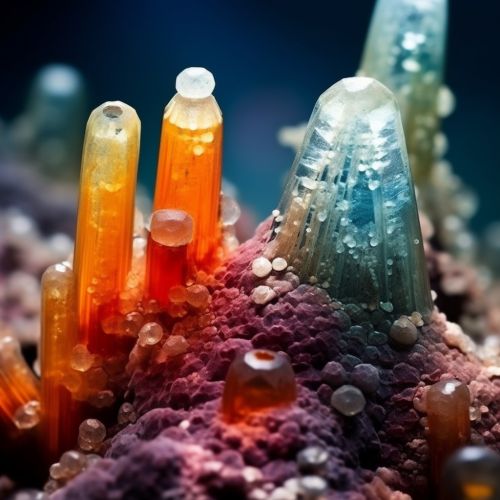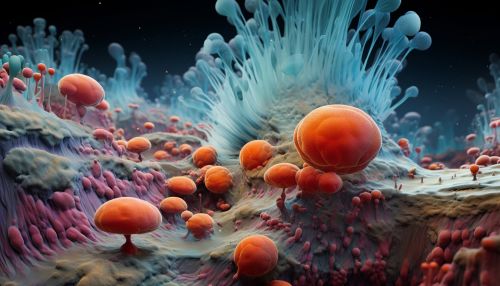Astrobiology of Extremophiles in Space
Introduction
Astrobiology, the study of the origin, evolution, and future of life in the universe, has a particular interest in extremophiles, organisms that thrive in extreme environments. These organisms, found in some of the harshest environments on Earth, are of significant interest to astrobiologists due to their potential to survive and thrive in similar conditions on other planets or moons. This article will explore the astrobiology of extremophiles in space, discussing their potential existence, survival mechanisms, and implications for the search for extraterrestrial life.


Extremophiles: An Overview
Extremophiles are organisms that can survive and reproduce in extreme environments that are typically inhospitable to most life forms. These environments can include high or low temperatures, high levels of radiation, extreme pressure, high salinity, and extreme pH levels. Extremophiles are predominantly microbes, including bacteria and archaea, but also include some fungi, algae, and protozoa.
Extremophiles and Astrobiology
The study of extremophiles has significant implications for astrobiology. If life can exist in extreme conditions on Earth, it is plausible that similar life forms could exist on other planets or moons with similar conditions. This has led to the concept of "astrobiological analogues", places on Earth with conditions that are thought to be similar to those that might be found on other celestial bodies.
Potential Habitats in Space
Several celestial bodies within our solar system have been identified as potential habitats for extremophiles, including Mars, Europa (a moon of Jupiter), Enceladus (a moon of Saturn), and Titan (another moon of Saturn).
Extremophile Survival Mechanisms
Extremophiles have developed a range of survival mechanisms that allow them to thrive in extreme conditions. These include DNA repair mechanisms, protective proteins, and metabolic adaptations.
Implications for the Search for Extraterrestrial Life
The study of extremophiles and their survival mechanisms has significant implications for the search for extraterrestrial life. If life can exist in the extreme conditions found in some Earth environments, it is plausible that life could exist in similar conditions on other planets or moons.
Conclusion
The astrobiology of extremophiles in space is a fascinating and rapidly evolving field. The study of these remarkable organisms not only broadens our understanding of the limits of life on Earth, but also informs our search for life elsewhere in the universe.
